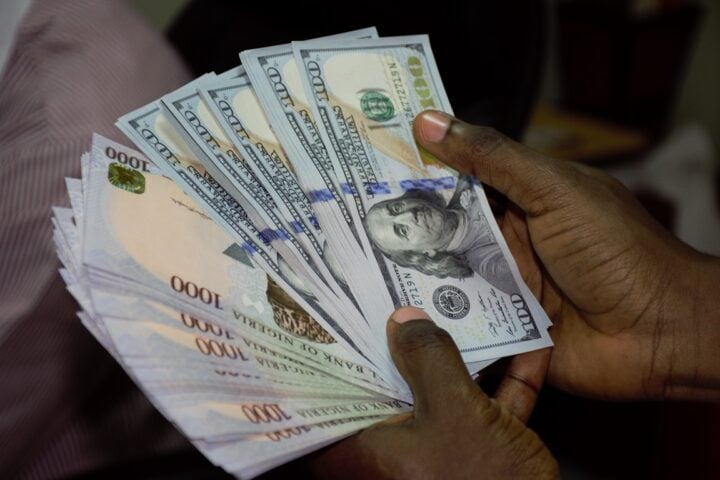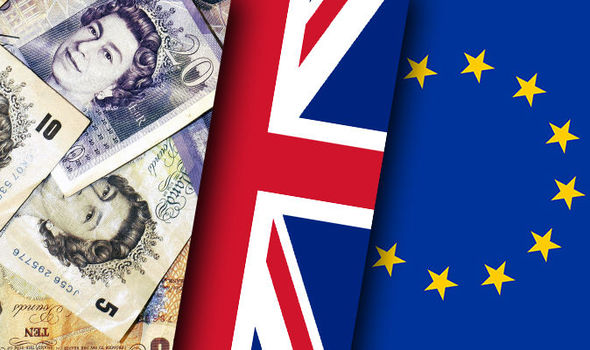After stocks and the dollar surged on Tuesday, following a Politico report that Trump’s team have taken a significant step on tax reforms, the president’s threats on Tuesday night to shut down the government and terminate the NAFTA agreement, were not well received by investors, who responded by dragging both equities and the dollar lower.
History reveals that markets tend to experience modest weakness during shutdowns, with the S&P 500 falling an average of 0.6% over the period of closure. However, markets don’t always drop. Equities gained eight times out of the 18 shutdowns from 1976 to 2013, and the largest recorded rally was during Obama’s era in 2013, with gains exceeding 3%.
However, when one party controlled the Presidency, Senate, and the House, it looked different. From 1977 until 1979, when Democrats lead by Jimmy Carter, controlled all three branches, the government was shut down five times, markets dropped on four of these occasions, with average losses of 2.7%. If a shutdown can’t be avoided, investors hope it looks more like an Obama than a Carter era.
A shutdown isn’t the biggest threat right now, the more pressing issue is the timing of the delivery of a detailed plan on tax reforms. The longer such reforms are delayed, the more anxiety will be felt in financial markets, thus expect to see further weakness in U.S. equities in September.
Advertisement
Investors in wait-and-see mode
Financial assets, whether it’s equities, currencies, or fixed income, are trading in very tight ranges early Thursday, and I expect such moves to continue throughout the day. With the lack of tier one economic data, investors are bracing for some hints from the annual central bank gathering at Jackson Hole, which kicks off today.
ECB’s Mario Draghi refrained from giving any indications on future policy, when he delivered a speech at a conference in Germany yesterday. It seems he is trying to avoid commenting on monetary policy, after the Euro surged by more than 12% on expectations of QE getting closer to an end. I believe Euro bulls will also be disappointed when Draghi speaks on Friday, as he’ll continue to shy away from any specific timing on tapering bond purchases. However, given the strength in economic activity and diminishing outstanding bonds available to purchase, the ECB has no alternative but to begin the normalization process, and any pull back in the Euro will be seen as an opportunity to get in.
Advertisement
Fed Chair, Janet Yellen will also be speaking Friday on financial stability. Her speech is of great importance, given the recent warnings from the Fed on vulnerabilities associated with asset valuations. Few disagree that the global easy monetary policies have created overstretched valuations. Whether it’s stocks, fixed income, real estate or bitcoins, there is a bubble somewhere. Sooner or later some sort of significant correction in prices should occur, but central bankers want to make sure that economic stability won’t be impacted and this isn’t an easy task.
Add a comment






